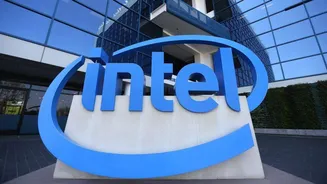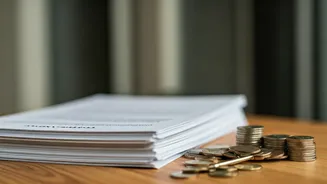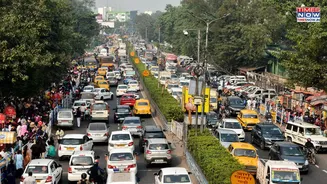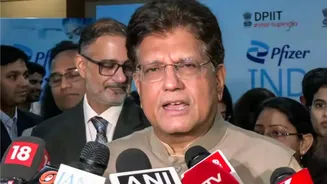The European Union proposed a new strategic agenda to raise bilateral relations with India to a higher level and fast-track a free trade agreement despite concerns over New Delhi’s relations with Russia.
The European Commission and the High Representative adopted a Joint Communication outlining a ‘New Strategic EU-India Agenda’, marking a significant milestone in INdia-EU relations, according to an official EU statement.
“Now is the time to focus on reliable partners and double down on partnerships rooted in shared interests and guided by common values. With our new EU–India strategy, we are taking our relationship to the next level,” said European Commission President Ursula von der Leyen.
“Advancing trade, investment and talent mobility. Strengthening our joint economic security. Advancing the clean transition and driving innovation together. Deepening our industrial cooperation in defence. Europe is already India’s biggest trading partner, and we are committed to finalising our Free Trade Agreement by the end of the year. Europe is open for business. And we are ready to invest in our shared future with India,” Von der Leyen said.
Now is the time to double down on partnerships rooted in shared interests and guided by common values.
With our new EU–India strategy, we are taking our relationship to the next level.
And we are committed to finalising our trade agreement by end of the year.
— Ursula von der Leyen (@vonderleyen) September 17, 2025
What Is EU’s New Agenda For India?
The joint communication outlined the EU’s strategic vision for enhancing bilateral cooperation with India amid changing geopolitical realities. It identified five areas of shared interest and complementary strengths, building on existing ties while addressing areas with potential for increased engagement.
The agenda notes the importance of India-EU ties for strengthening economic growth and security and diversifying supply chains, while also highlighting the joint India-EU engagement on global issues and with third partners.
It highlighted significant untapped potential in trade and investment and outlined strategies to strengthen commercial ties, the crux of which are the ongoing negotiations for a free trade deal. The joint communication proposed reinforcing supply chains, promoting critical emerging technologies and engagement on digital issues.
It also deepening tech cooperation, including a potential EU-India Startup partnership, and invites India to associate with Horizon Europe programme. It suggests ambitious initiatives for decarbonisation and the clean transition, such as intensifying cooperation on renewables, developing green hydrogen capabilities and expanding green finance.
The new strategic agenda also encompasses the India-EU Security and Defence Partnership, which is focused on enhancing strategic consultations and joint initiatives, including on crisis management, maritime security, cyber defence, and counterterrorism, and fostering defence industrial cooperation. It also focused on strengthening regional connectivity initiatives like the India-Middle East-Europe Economic Corridor (IMEC), facilitating labour mobility and a framework to reach out to the business community.
Concerns Over Russia Ties
One of the few sticking points between India-EU talks was New Delhi’s relations with Russia. EU’s top diplomat, Kaja Kallas, said India’s participation in Russia’s military exercises and purchases of Russian oil “stand in the way of closer ties” with the European bloc.
“Ultimately, our partnership is not only about trade, but also about defending rules-based international order,” Kallas said while announcing the bloc’s strategy to strengthen EU-India ties. “Participating in military exercises, purchases of oil — all these are obstacles to our cooperation when it comes to deepening the ties.”
Kallas was referring to India’s participation in the Zapad-2025 military drills, part of its longstanding defence ties with Moscow. The Indian Ministry of Defence said that 65 personnel took part in the five-day exercise, which was led by Russia and Belarus.
India said that the deployment aims to “further strengthen defence cooperation and foster camaraderie between India and Russia, thereby reinforcing the spirit of collaboration and mutual trust” amid trade tensions with the United States.















